Are you looking to achieve commercial printing graphics success in Atlanta, Georgia? Look no further! In this blog, we’ll explore essential tips that will help you elevate your printing game and ensure outstanding results. From selecting the correct file formats and resolutions to understanding color management and print finishes, we’ll cover everything you need to know to make your graphics shine. Whether you’re a seasoned designer or a business owner venturing into the world of commercial printing, these tips will set you on the path to success in Atlanta’s thriving printing industry.
What is Commercial Printing?
Commercial printing in Atlanta, Georgia, refers to the process of producing printed materials on a large scale for businesses and organizations. It involves using specialized printing equipment and techniques to create high-quality materials such as brochures, flyers, business cards, and promotional items. Commercial printers in Atlanta offer a wide range of services, including offset printing, digital printing, large-format printing, and specialty printing. These printers work closely with their clients to ensure their printed materials meet their specific needs and objectives. With technological advancements and the availability of various printing options, commercial printing in Atlanta has become more efficient and cost-effective than ever before. Whether for marketing purposes or internal communication, commercial printing is crucial in helping businesses effectively promote their products and services in Atlanta’s competitive market.
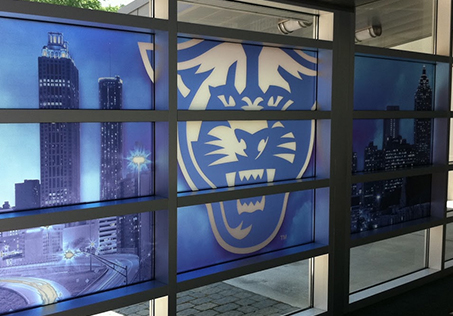
Importance of Graphics for Print
Graphics play a crucial role in print materials in Atlanta, Georgia. Whether it’s for marketing collateral, signage, or promotional materials, graphics help visually communicate messages and capture the target audience’s attention. In a city known for its vibrant arts scene and diverse industries, well-designed graphics can significantly impact the success of a printed piece. Graphics are an essential component of print design in Atlanta, from enhancing brand recognition and creating a professional image to conveying information effectively. With the right combination of colors, typography, and imagery, graphics can help businesses stand out and leave a lasting impression on their audience.
Types of Commercial Printing
In Atlanta, Georgia, several types of commercial printing services are available. Here are some common types of commercial printing that you can find in Atlanta:
- Offset Printing: Offset printing is a widely used printing technique that involves transferring ink from a plate to a rubber blanket, which then applies the ink to the printing surface. It is commonly used for high-volume projects, such as brochures, flyers, catalogs, and magazines.
- Digital Printing: Digital printing utilizes digital files to print directly onto the printing material. It is suitable for smaller print runs and offers quick turnaround times. Digital printing is often used for business cards, postcards, posters, and personalized marketing materials.
- Large Format Printing: Large format printing refers to printing on more extensive materials, such as banners, posters, signs, and vehicle wraps. It utilizes specialized printers that can handle larger sizes and produce high-quality graphics.
- Screen Printing: Screen printing involves using a mesh screen to transfer ink onto the printing material. It is commonly used for apparel printing, including t-shirts, hoodies, and promotional items like tote bags or hats.
- Promotional Printing: Promotional printing focuses on producing various items for marketing and advertising purposes. This can include branded stationery, calendars, notepads, stickers, promotional brochures, and more.
- Packaging Printing: Packaging printing involves printing on various packaging materials, such as boxes, labels, bags, and wrappers. It requires specialized printing equipment and techniques to ensure the quality and durability of the print.
- Variable Data Printing: Variable data printing allows for the customization of individual images by integrating personalized information, such as names, addresses, or unique codes. It is commonly used for direct mail campaigns, invoices, and customized marketing materials.
What are the Essential Tips for Commercial Printing Graphics Success?
There are several essential tips to remember when it comes to achieving commercial printing graphics success in Atlanta, Georgia. Here are some key considerations:
- Clear Communication: Communicate your requirements, expectations, and specifications to the printing company. Provide detailed information about the project, including dimensions, color profiles, resolution, and any specific printing techniques or finishes you require.
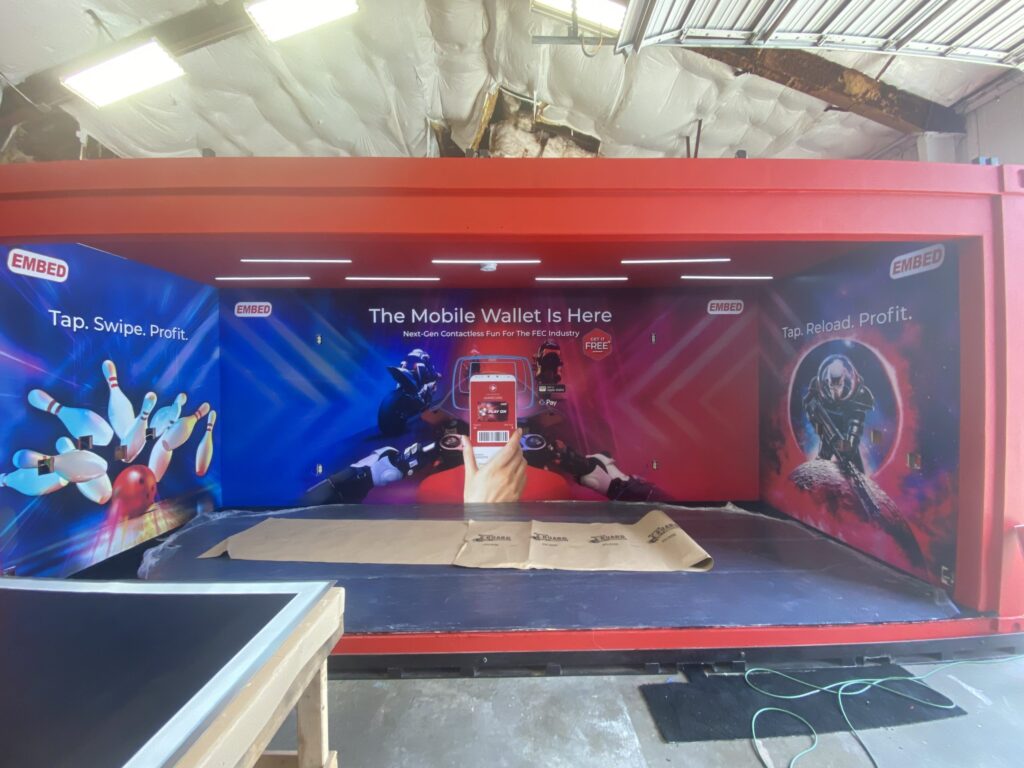
- Choose the Right Printing Company: Research and select a reputable printing company in Atlanta that specializes in commercial printing and has a track record of delivering high-quality results. Look for companies with positive customer reviews, a diverse portfolio, and experience in the type of printing you need.
- High-Quality Graphics: Ensure your graphics are high quality and suitable for printing. Use professional design software and create artwork at a resolution of 300 dpi (dots per inch) or higher to ensure sharp and crisp prints. Consider working with a graphic designer who is experienced in commercial printing to optimize your designs.
- Color Accuracy: Pay attention to color management to ensure accurate reproduction of colors. Provide the printing company with Pantone color codes or color swatches to match specific hues. Request a printed proof or color sample before the entire print run to verify color accuracy.
- Print File Preparation: Prepare your print files correctly to avoid any issues during printing. Use the appropriate file formats (such as PDF, TIFF, or EPS) and ensure that all fonts are embedded or outlined. Check for missing images, low-resolution graphics, or other errors that may affect the print quality.
- Proofreading and Proofing: Thoroughly proofread all text and content before sending it for printing. Double-check for any typos, grammatical errors, or inconsistencies. Request a printed proof to review the final output before proceeding with the print run. This allows you to identify and correct potential issues before production.
- Paper and Finishing Options: Select the correct type of paper stock and finishing options for your project. Consider factors such as paper weight, texture, and coatings (such as matte or gloss) based on the desired look and feel of the final product. Discuss these options with the printing company to choose the best fit for your project.
- Budget and Timeline: Clearly define your budget and timeline constraints to the printing company. This helps them suggest suitable printing options that align with your requirements. Be realistic with your expectations and allow sufficient time for the printing process, including file preparation, proofing, production, and delivery.
- Collaboration and Feedback: Maintain open communication with the printing company throughout the process. Provide feedback on the proofs and address any concerns promptly. Collaborate with their team to ensure a smooth workflow and address any questions or clarifications.
- Quality Control: Perform a thorough quality check of the final printed products upon receipt. Verify that the prints match your color, clarity, and finish expectations. If any issues are identified, notify the printing company immediately to seek resolution.
Printing Process for Graphics
Printing graphics in Atlanta, Georgia, involves a multi-step process that ensures high-quality and visually appealing results. First, the graphic design is created or provided by the client. Then, the plan is prepared for printing by adjusting colors, resolution, and size to ensure optimal reproduction. Once the design is ready, it is transferred onto a printing plate or the desired material using advanced digital printing techniques. The printing process can involve different methods, such as offset printing, screen printing, or large-format printing, depending on the project’s specific requirements. After printing, the graphics are carefully inspected for imperfections and finished with coatings or laminates to enhance their durability and appearance. Finally, the printed graphics are packaged and delivered to the client, ready to be displayed or usefd or various purposes such as signage, marketing materials, or promotional items. With its diverse range of printing services and expertise in graphic reproduction, Atlanta offers a reliable and efficient solution for all types of visual printing needs.

How Commercial Printing Works?
Commercial printing in Atlanta, Georgia, is a complex process that involves several steps to produce high-quality printed materials. Firstly, the client provides the printing company with their design files, which are then carefully inspected for errors or inconsistencies. Once approved, the design is transferred to plates using advanced computer-to-plate technology. These plates are then loaded onto the printing press, which applies ink and transfers it onto large sheets of paper or other materials. The sheets are then trimmed and finished according to the client’s specifications. Quality control measures are implemented throughout the process to ensure that each print meets the highest standards. With state-of-the-art technology and skilled professionals, commercial printing in Atlanta delivers exceptional results for businesses and organizations across various industries.
Conclusion
In conclusion, when it comes to achieving commercial printing graphics success, Snap Graphics in Atlanta, Georgia, is your go-to destination. Their dedication to excellence, state-of-the-art equipment, and experienced team ensure that your print materials stand out. By following the essential tips highlighted in this blog, such as understanding color profiles, using high-resolution images, and selecting the right paper stock, you can maximize the impact of your printed materials. Don’t hesitate to contact Snap Graphics today to take your commercial printing graphics to the next level and leave a lasting impression on your target audience.



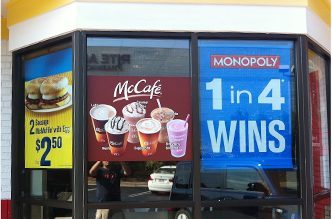


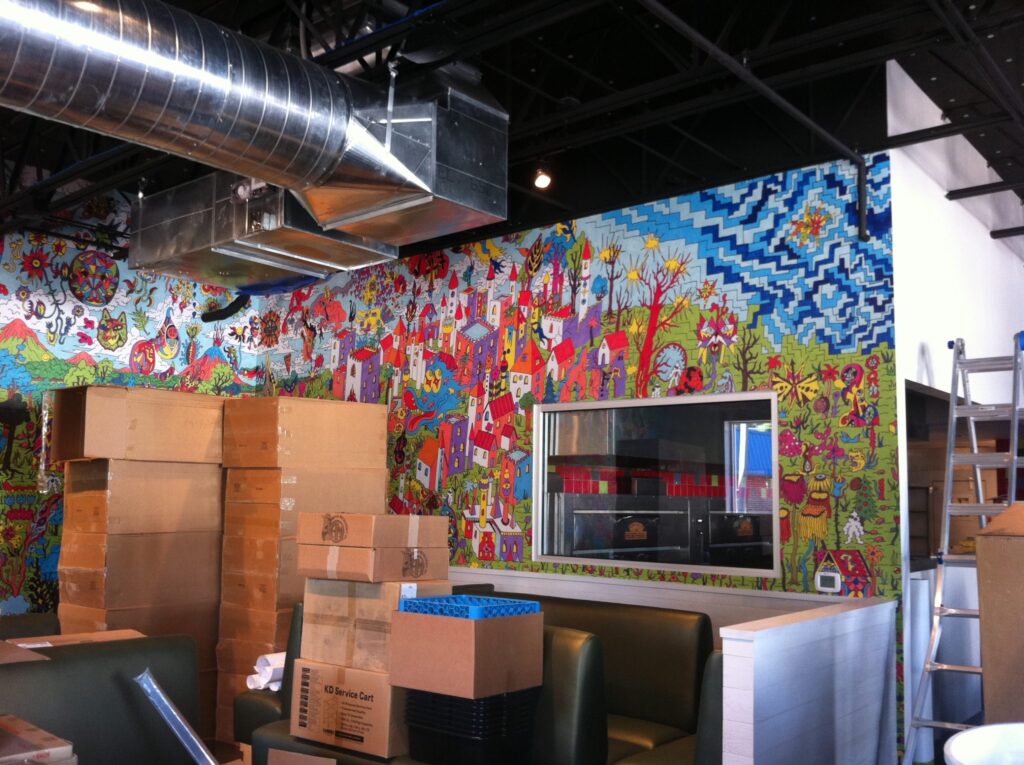



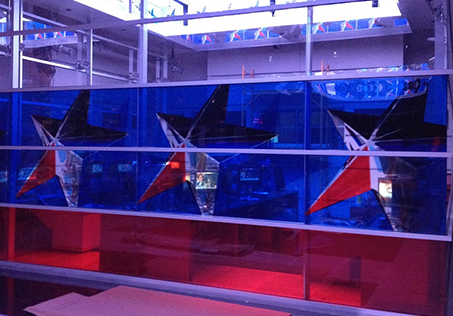

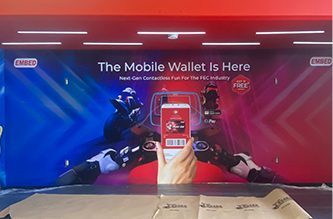



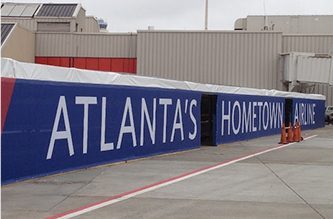


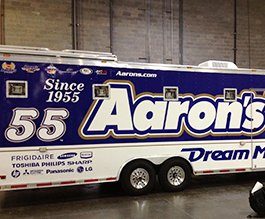
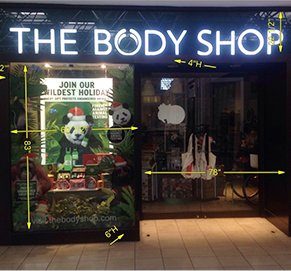



 Quote Today!
Quote Today!